英語を勉強している時には、一つのチャレンジは複雑な構文を身につけることです。今回、僕は「even if」と「even though」から始まる文章について考慮してみたいと思います。一見して、これらの文法は似ていますが、多くの場合は意味と使い方が違いますので、みんなさんが混同しないように、色々と教えてみたいです。
今、僕はアメリカの実家にいますから、耳にしたばかりの例文を使います。母はもうすぐスーパーに行くので、さっき「Luke, what would you like me to get you from the supermarket?」と僕に言いました。僕は長い間食べていない美味しいアメリカの食べ物を思い浮かべました。結局、「I’d like to have some of those blue cheese snacks.」と答えました。でも、驚いたことに、母はこういう風に答えました。「Even if I could find those snacks at the store, I definitely wouldn’t buy them for you.」。「Why not?」と僕は聞いた。「Because they’re not good for you.」と母が答えました。
(皆さんが英語の発音練習が出来るように、例文を読み上げて、録音しました。録音したファイルは以下にあります。)
Even if I could find those snacks at the store, I definitely wouldn’t buy them for you.
という英語のセンテンスを直訳すると、「たとえそのスナックを店で見つけても、絶対に買わないよ。」
それでは、どうして母は、「even if」を使ったのでしょうか? なぜなら、もし母がこの軽食が体にいい物だと思っても、店で探しても、見つけられない確率が相当に高いからです。青いチーズの軽食は珍しい食べ物だからです。もし、僕がただのチップスを頼んだのなら、母は違う英語を使ったはずです。
Even though I can get those snacks at the store, I definitely won’t buy them for you.
母は上のような英語と言うでしょう。そのチップスを店で確実に見つけられても、絶対に買わないという意味です。
つまり、even thoughから始まる文章は事実に基づいている一方で、even ifから始まる文章は仮定に基づいているのです。
他の例文をみてみましょう。
1. Even if I had three hours to spare, I wouldn’t go around looking for a new dress.
たとえ私は3時間の余裕の時間があったとしても、私は新しいワンピースを探しに行かないよ。
2. Even though I had three hours to spare, I couldn’t find a new dress.
私は三時間の余裕があるけれど、新しいワンピースを探しに行かなかったよ。
一番目の文章は存在していない状態についての文章です。この場合は、「even supposing」あるいは「whether or not」というフレーズも使えます。
Even supposing I had three hours to spare, I wouldn’t go around looking for a new dress.
二番目の文章は存在している状態についての文章です。話者は本当に三時間の余裕がありました。この場合は、「you may find this surprising but」あるいは「despite the fact that」というフレーズも使えます。
Despite the fact that I had three hours to spare, I couldn’t find a new dress.

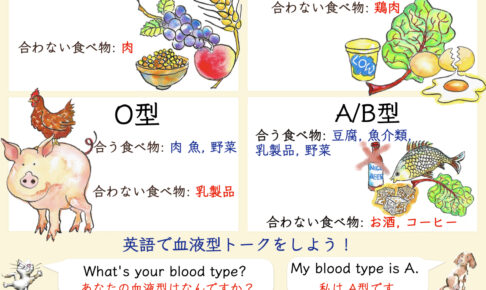
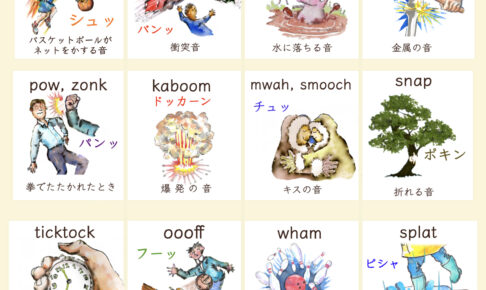
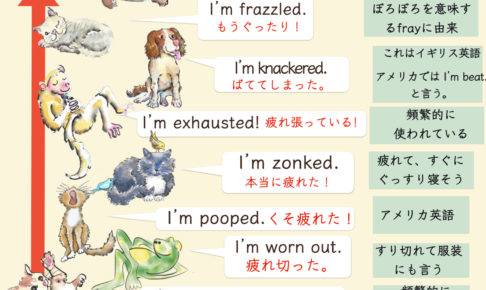
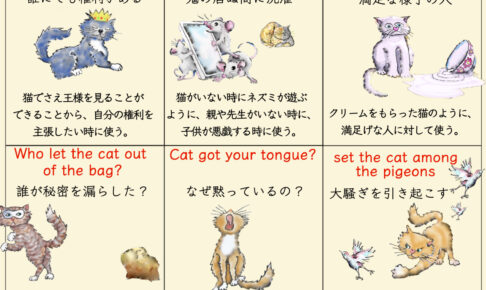




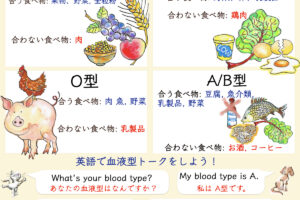
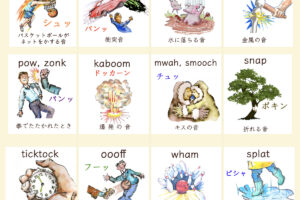
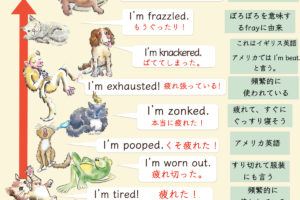

I never thought of the difference between “even if” and “even though”. It was very interesting. I’m sorry you couldn’t get the blue cheese snacks.
Hey,
I’m glad to hear that I could help you! Thanks a lot for the comment.
Thanks for the good lecture.
May I ask you a question ?
私の感覚では 英語の意味が少し変わります。まちがってますか?
Even though I had three hours to spare, I couldn’t go around to find a new dress.
「私は三時間余裕があったけれど、新しいドレスを探しにいかなたったよ」
Even though I had three hours to spare, I couldn’t find a new dress.
「私は三時間余裕があったけど、新しいドレスをみつけられなかった」
こういう文が苦手なので・・・意味のとり方をまちがえるのかな~。
Hi Usakuro,
返事が遅くなってすみません。はい、違う意味になりますね。Usakuroさんの日訳が当たっていると思いますよ。しかし、
「go around to find a new dress」より「go and find a new dress」のほうがいいと思います。
Hey Luke ! I’m Hannah. I’m from Japan and I’ve been in Australia for 8 months at the moment. Your blog is filled with humor and interesting 🙂 I like this topic above so much!
BTW I have a question to you. My friends around myself use the word “retarded”. I translated to Japanese but still I couldn’t get the certain meaning… Could you describe me about the meaning of that?
それはバカとか、頭がおかしいっていう意味で使われるものですがstupidやidiotよりももっと強い意味で使われるものですが、差別的な意味も含まれるのであまり使わない方がいいです。
Retartedって、基本的に、精神的に障害がある人、状態adj.だと思いますが、スラングでは、軽く使われるようです。
もっとも、そういう方に向かって使うことは、ないでしょうね。
Hannah、maybe it is more precise if you discribe how to use it as an example.
may i ask you something?
how to use just only the word “even” in a sentence?
It’s interesting to compare with this sentence and the another one;
1.)’Even if I could find those snacks at the store, I definitely wouldn’t buy them for you.’
2.)’If I could find those snacks at the store,
I would buy them for you.’
The first sentence is stronger than the second one in the nagative meaning .
It’s also interesting even if she could think the snacks would be good,
she definitely would say it wouldn’t be good.
In this case,Luke can say ‘It could be.’ to her,I think.
Meanwhile,’Even though I can get those snacks at the store, I definitely won’t buy them for you. ‘ is based on the fact that ‘I can get it ‘.
It doesn’t mean about possibility.
So,you can use not ‘could’ but ‘can’ with ‘even though’.
You may never ask…質問なんて絶対聞いてはいけないの意味でしょうが、
May never or never may なんて使えますか。
まず、You never askの意味から考えますと、
「一度も聞いたことがない」ですが対話の流れでは「聞かなかった貴方が悪い」というニュアンスで使われると思います。
これに、mayが付加されることで、「聞かなかった貴方が悪いんじゃない?」のように少し優しい表現になるんじゃないでしょうか。
Lukeさん、教えて下さい。
[…] via: even thoughとeven if の違いと使い方 ネイティブが説明します […]
Hello Luke,
1: Even if + past,…(would + infinitive)
2: Even though + past,…(would + infinitive)
3: If + past simple, …would + infinitive
1: Even if I had three hours to spare, I wouldn’t go there.
(もし、仮に、3時間あったとしても、そこには、行かないでしょう)
2: Even though I had three hours to spare, I
wouldn’t go there.
(実際、3時間あったとしたって、そこに行かなかったろう)
3: If I had three hours to spare, I wouldn’t go there.
(もし、3時間あったら、そこに行かなくてもよかったのだろうが、そういうわけにいかないので、そこに行くだろう)
1: There would NOT be three hours to spare then, I’m NOT gonna go there.
(3時間もないだろうけれど、それにしたって、そこには、行かないでしょう)
2: There were three hours to spare then, I
WOULDN’T have gone there.
(3時間あったが、わたしは、そこには、行かなかったでしょう)
3: There would NOT be three hours to spare then, I’m gonna go there.
(3時間もないだろうから、そこに行かなくちゃ)
or
There are NOT three hours to spare now, it’s
IMPOSSIBLE for me NOT to go there.
(今、3時間もないので、そこに行かないわけにいかない)
I think you made a mistake… in the sentence “Even if I could find the snacks, I wouldn’t buy them for you”, while it does imply she can’t find the snacks, that is not because of “even if”, it’s because of “could”. “Even if” is being used because normally she wouldn’t buy the snacks, and even supposing she could find them, she won’t. She simply doesn’t want to buy the snacks.